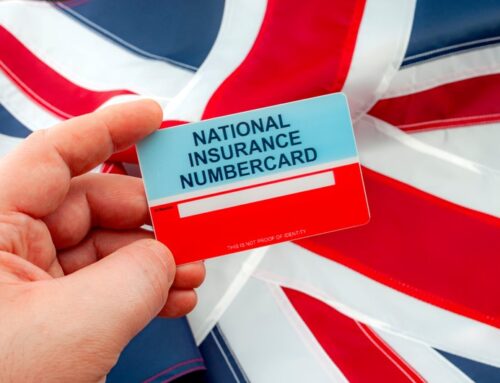The assessment of self-employed or partnerships profits is usually relatively straight-forward if the accounting date, to which accounts are prepared annually, falls between 31 March and 5 April. However, overlap profits can arise where a business year end date is not coterminous with the end of the tax year.
Overlap profits can happen in the first 3 years of the business or in any year in which there is a change of basis period because of a change of accounting date.
For example, if your business is incorporated on 1 January 2018 and your chosen year end date is 31 December 2018, your basis periods are:
- 2017 to 2018, 1 January 2018 to 5 April 2018
- 2018 to 2019, 1 January 2018 to 31 December 2018
The portion of accounts from 1 January 2018 to 5 April 2018 is therefore taxed twice and is known as overlap profit.
Overlap profits relief can be used to reduce the profits on the final tax return when the business ceases trading or if the accounting period changes. Overlap relief is a mandatory deduction. The full amount of the relief available for a particular tax year must be given as a deduction for that tax year. No part of the deduction can be waived.
If overlap profits were created some time ago, and profits have been declining in recent years, it may be prudent to consider a change of accounting date closer to, or at the end of, the tax year. In this way, the overlap profits can be deducted, and tax liabilities reduced at a beneficial time for the business or partnership. There can also be Income Tax and National Insurance savings.





